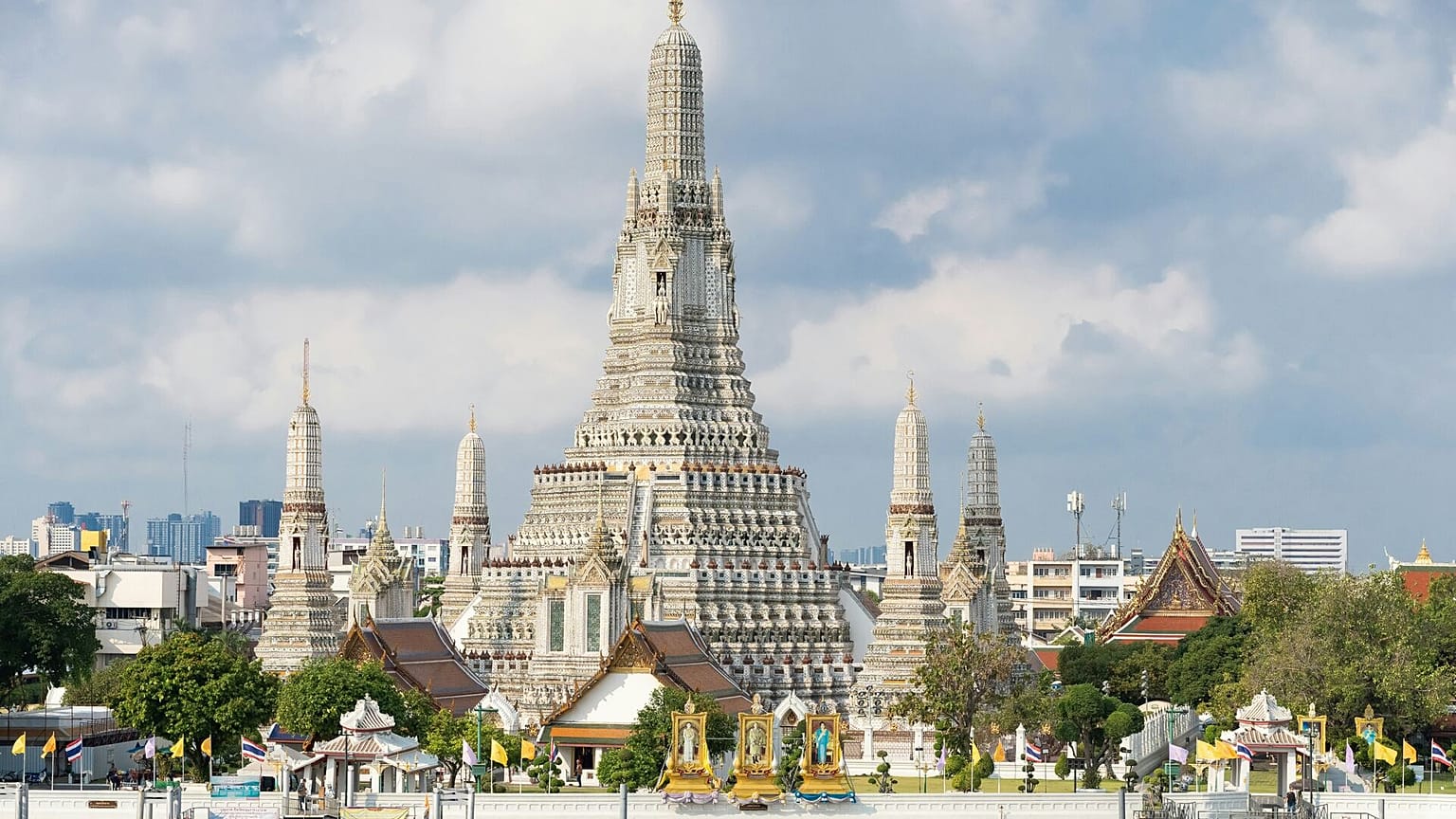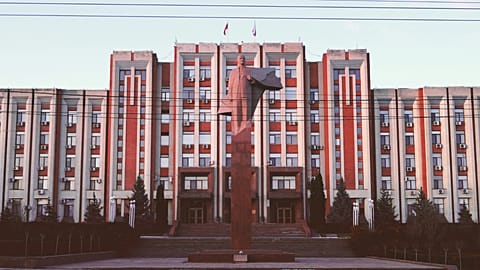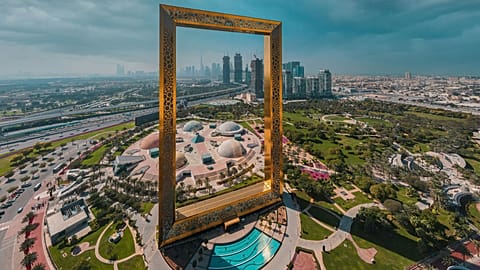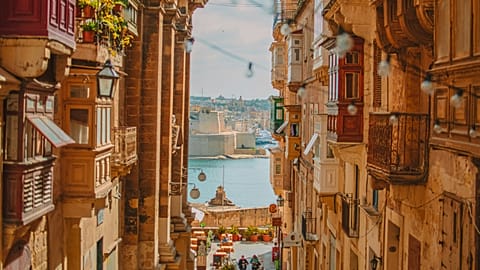Although much of the country will wear mourning attire, tourists are not expected to do the same.
Thailand has entered a period of national mourning following the death of Her Majesty Queen Sirikit, the Queen Mother, who passed away on 24 October at the age of 93.
Sometimes referred to as the Mother of the Nation, Queen Sirikit was known for her decades-long efforts to promote Thai culture, traditional crafts and rural development.
Her passing marks a significant moment for Thailand, but Thai officials have made it clear that the country remains open and welcoming to visitors.
Here is what travellers planning a Thailand holiday need to know before they go.
What changes during the mourning period?
Following Queen Sirikit’s death, the Thai government declared an official period of mourning.
National flags will be flown at half-mast for 30 days while government officials and civil servants will wear black mourning attire for one year.
The public is encouraged to wear black, white or subdued colours for 90 days, but this is not an official regulation.
Travellers are likely to notice this most in Bangkok and at major cultural or royal sites, where portraits of the Queen Mother are displayed with flowers and candles. Outside these areas, life will likely continue as normal, and tourism remains unaffected.
The Tourism Authority of Thailand (TAT) has confirmed that hotels, attractions, restaurants and transport services are all operating as usual.
These observances are similar to those that followed the passing of His Majesty King Bhumibol Adulyadej – Thailand’s longest-reigning monarch – in 2016. Then, as now, tourism remained a vital part of the economy and international visitors were welcomed.
Are events and festivals cancelled?
Most festivals, concerts and public events will still take place.
In Bangkok, many parties and events scheduled for Halloween are due to continue as scheduled, suggesting that future events will go ahead as well. Some, however, might be adjusted to reflect the national mood.
Fireworks and parades for upcoming events such as New Year’s Eve may be scaled back, and organisers may include moments of silence or candle-lighting ceremonies. That’s mostly true for Bangkok. The rest of the country is unlikely to be as affected.
In Bangkok, the Grand Palace and Wat Phra Kaew are closed to visitors from 26 October to 8 November to accommodate royal ceremonies. Other closures may occur later in the mourning period, especially closer to the Queen Mother’s funeral next year. Travellers are advised to check local schedules before visiting.
Traditional Thai holidays are also largely unchanged.
Loy Krathong, celebrated nationwide on 5 November this year, will largely go ahead as planned, although some festivities have been toned down or cancelled.
In Chiang Mai, where the holiday is known as Yi Peng and sees thousands of candle-lit lanterns floated into the night sky, the festivities are expected to continue.
How to be a respectful visitor
TAT officials have reiterated that tourists are not expected to wear black throughout their trip, but subdued colours are appreciated – especially when visiting temples, royal sites or government offices. White, also considered a mourning colour, is just as acceptable.
For those who wish to show respect, black ribbons that can be pinned to shirts and blouses are widely available.
Although visitors are not required to buy new clothing, they should continue to dress respectfully. Walking around shirtless is frowned upon in Bangkok, and even in beach destinations, it is considered impolite to enter restaurants, shops or cafés without covering up – both recurring issues in warm-weather destinations around the world.
There are no restrictions on nightlife or alcohol sales, but excessive noise remains unwelcome in most of the country, especially outside of entertainment zones.
When passing memorials or portraits of the Queen Mother, officials also advise lowering your voice or pausing briefly, especially if others are paying their respects.
Overall, while the atmosphere around temples and some cultural sites may feel quieter and more reflective, Thailand’s tourism industry won’t stop. Travellers can continue to enjoy the sun-kissed beaches, beloved cuisine and wild nature as usual.


















